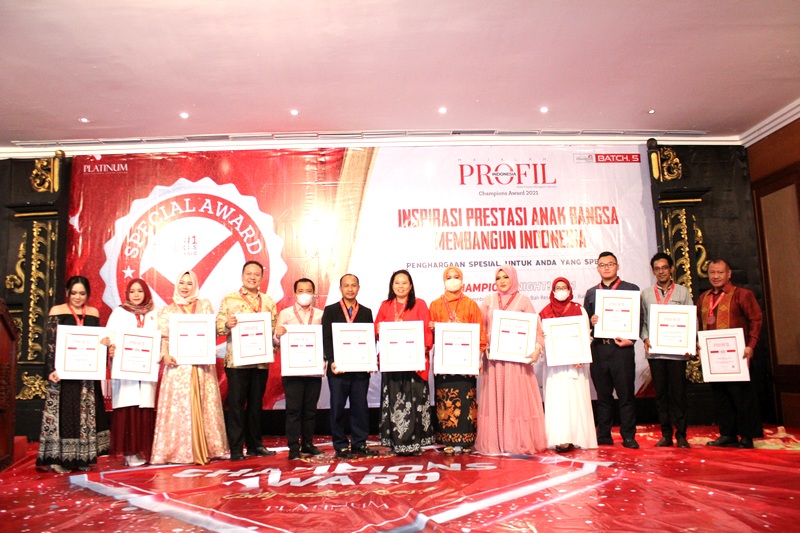Jakarta – As geopolitical uncertainty and economic turbulence persist across global markets, Indonesia’s leading retail chain Alfamart has once again proven its industry dominance. The company secured its third straight win in the “Best Essential Goods Retailer” category at the Bisnis Indonesia Awards (BIA) 2025, held on June 30 at The Westin Hotel, South Jakarta.
The award marks a strategic hat-trick for Alfamart, cementing its status as a cornerstone of Indonesia’s essential goods retail sector. In a competitive field shaped by inflationary pressures and evolving consumer behavior, Alfamart’s continued recognition points to both operational agility and embedded consumer trust.
Rani Wijaya, General Manager of Corporate Communications at Alfamart, emphasized in a press release that the achievement reflects the company’s ability to sustain performance amidst global macroeconomic headwinds. “Alfamart remains committed to innovation and service quality, ensuring shopping remains accessible, reliable, and seamless for our customers,” she stated.
The company’s consistency was further backed by a strong performance in the first quarter of 2025, demonstrating sustained growth despite tightening market conditions. This aligns with the overarching theme of this year’s BIA—“Resilience Towards Uncertainty”—which highlights public companies demonstrating durability in the face of systemic economic shifts.
The selection process for BIA 2025 involved rigorous financial evaluation, strategic review, and resilience assessment. Judges included respected national figures such as former Minister of Communications Rudiantara, former Financial Services Authority Chair Wimboh Santoso, and former Deputy Finance Minister Mardiasmo, along with senior economist Raden Pardede and media executive Lulu Terianto.
Alfamart’s continued ascent is not without strategic implications. With over 26 years of market presence, the retail giant now plays a pivotal role in national distribution networks, consumer access to basic goods, and economic inclusivity—particularly in underserved and remote areas.
The retail chain’s scale, backed by robust logistics and data infrastructure, may also serve as a potential instrument of economic policy—from stabilizing supply chains to supporting state-driven subsidy or distribution programs. As Indonesia navigates regional volatility and post-pandemic recalibration, institutions like Alfamart represent more than just corporate success—they are becoming pillars of economic stability.
This triple recognition in a volatile era may well signal not just excellence in performance, but a larger transformation: the strategic institutionalization of modern retail within Indonesia’s socio-economic fabric.






